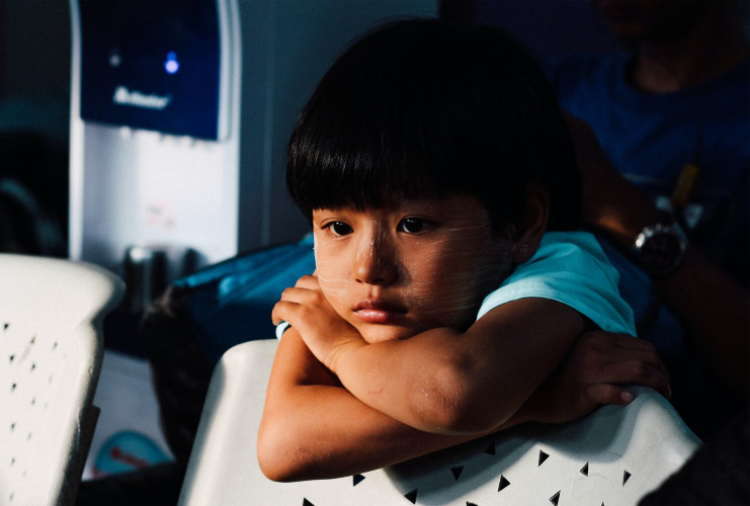You know you’re about to lose your top. You can feel the familiar sensations: tightness in your chest, muscles tensing up, and voices start to get louder and louder. You know how this turns out. You start yelling, your child shuts down. Nothing gets resolved. Words are exchanged that erode your relationship with your child. You want it to be different but you’re not sure where to begin.
It is easy to view our kid’s emotions as a matter of choice. What if, we instead looked at it through the lens of lacking skills. Would that change your response to your child? We believe the answer is yes. We believe that “kids do well if they can”. They are not choosing to feel dysregulated. In fact, children often experience remorse and shame after losing their cool. What if we as parents could equip our children with these skills?
The short answer is you can, starting with your own response to your child. When your child is dysregulated, it is easy for you as the adult to also become dysregulated. Yet, two dysregulated people are seldom going to get anywhere in a situation. When we as parents remain calm, we model emotional regulation to our children. We can do this by talking about our emotions and talking through our own regulating skills as they are happening. For example, if you are practicing deep breathing, verbalize that to your child. If you need to step away from a situation to regulate, let your child know you are taking a step back and will return in a few moments when you are feeling more regulated.
If your child is already at the point of dysregulation, it’s best to save conversations for when your child is feeling more calm. As adults, we often use a lot of words which may be too much for your dysregulated child. The key is to allow your child to regulate or model regulation as the adult in charge. When they are feeling better, you can then have those conversations.
Finally, don’t be too hard on yourself. Emotional regulation is not something we are all born with. Perhaps your family of origin didn’t model these skills for you. We believe that parents want relationships with their children. Emotional regulation skills can be taught to families so that they can more effectively communicate. We enjoy supporting families as they learn and practice these new skills.


